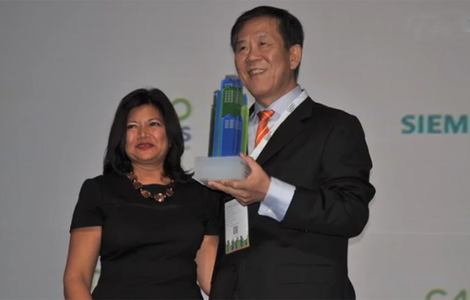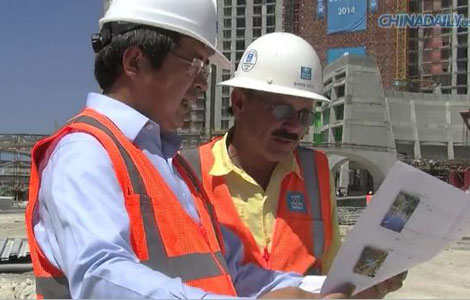Presidential election won't affect Brazil-China relations: Diplomat
Updated: 2014-10-12 02:38
By ZHANG FAN in Brasilia(China Daily Latin America)
|
||||||||
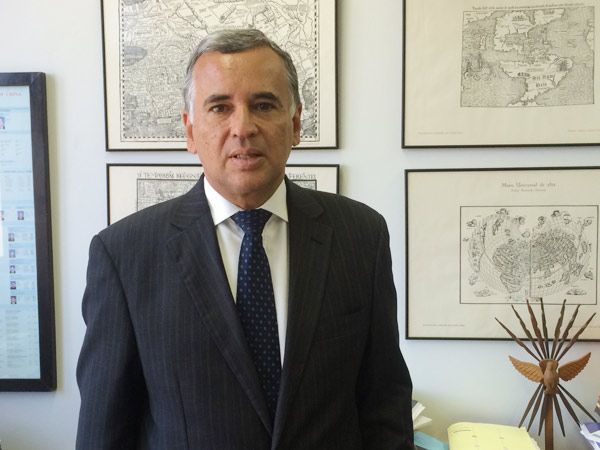 |
|
China and Brazil's relationship has been mature and strong, which will not be affected by the presidential election, said Ambassador Francisco Mauro Brasil de Holanda, Head of the Eastern Asian Department of Brazilian Ministry of External Relations in Brasilia on Oct 7. [Photo by Zhang Fan / China Daily] |
Brazil's current presidential election will not affect the strong relations between China and Brazil, according to a high-ranking Brazilian diplomat.
"Sino-Brazil relations have achieved significant progress in the past years. Whoever is the president, the great importance of China-Brazil relations will continue to be attached," said Ambassador Francisco Mauro Brasil de Holanda, director of the East Asian department of the Brazilian Ministry of External Relation. He made his comments in an interview with China Daily in Brasilia on Oct 7, two days after the first-round vote in the 2014 presidential election.
President Dilma Rousseff will face Aecio Neves of the Brazilian Social Democracy party in a run-off on Oct 26.
Brazil's government recently announced that the two countries have reached agreement on launching a new Earth resources satellite this December. Named CBERS-4, it will be the fifth satellite in a program aimed at deforestation control and environmental monitoring of the Amazon region.
"Brazil values much the cooperation with China in high-technology sectors. The agenda on scientific cooperation, especially the weather satellites, adds value to our cooperation," said Holanda.
China is Brazil's largest bilateral trade partner. In 2013, trade totaled about $90 billion. However, with more Chinese products entering the Brazilian market, Chinese companies are experiencing an increase in anti-dumping investigations, including for steel, porcelain and truck tires.
"If we don't have problems, then we don't have relations," said Holanda, calling on both sides to look at the situation in a practical way. "The relationship is increasing and involves multi interests, so it is understandable that some problems arise, but the most important thing is there is possibility to solve them."
Holanda said Brazilian government is aware that the level of protection for Brazil's industry must be adjusted to reach "a balance between giving protection but not unnecessary protection so the industry may be efficient".
"We may not ignore how powerful the competition of Chinese products is, but we need to look in the balanced way," he said, "On one side, there should be no unfair competition and on the other side, some Chinese products can be useful for the efficiency of Brazilian economy."
During Chinese President Xi Jinping's state visit to Brazil in July, the two countries signed 56 agreements involving $8.6 billion investments and loans from China to Brazil.
The agreements, described by local media as an "achievement of Rousseff's government in attracting foreign investment to stimulate the economy", follow a continuous flow of Chinese investment to Brazil in recent years.
By the January 2013, Chinese company had invested about $10.4 billion with 66 percent going to petroleum, 17 percent to metal minerals and 3 percent to finance and the service industry, according to China's Ministry of Commerce.
Though Brazil is a large domestic market, Chinese companies find it difficult to operate their branch offices and make a profit in the country.
"I think some procedures burden some Chinese companies in Brazil, such as the tax system, which is complicated, even for Brazilian companies, and we are aware of the need to improve the procedures," said Holanda.
He said Brazil is still an attractive market because of its size and legal protection for foreign investment. "In all, the positive fields are bigger than the negative ones," Holanda said. "The number of Chinese companies set up abroad is increasing and we are very much willing to be a part of that process."
fanzhang@chinadailyusa.com
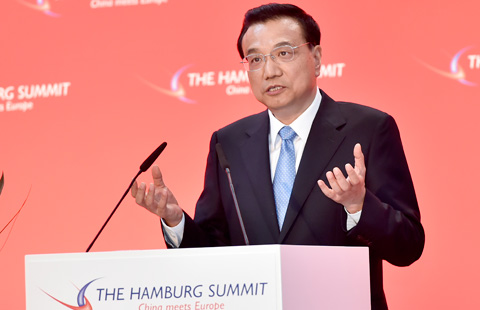
 Li says focus is on long-term growth
Li says focus is on long-term growth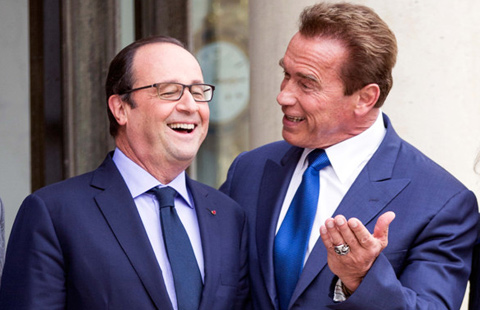
 Hollande meets with Arnold Schwarzenegger in Paris
Hollande meets with Arnold Schwarzenegger in Paris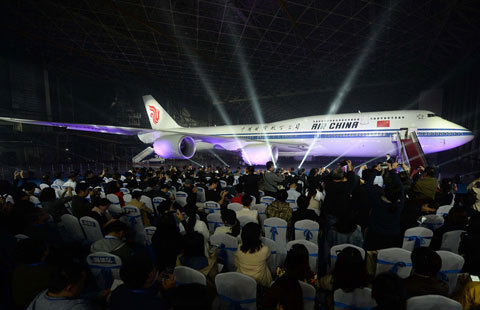
 Air China's first Boeing 747-8 set to take off
Air China's first Boeing 747-8 set to take off
 Malala's hometown celebrates her Nobel Peace Prize
Malala's hometown celebrates her Nobel Peace Prize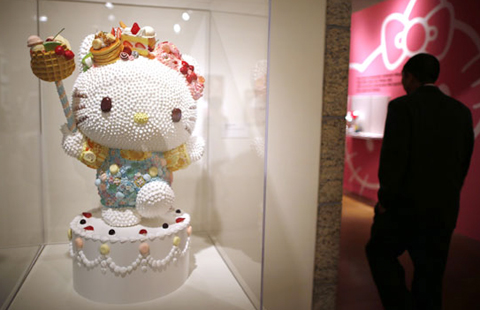
 Hello Kitty, happy 40th birthday!
Hello Kitty, happy 40th birthday!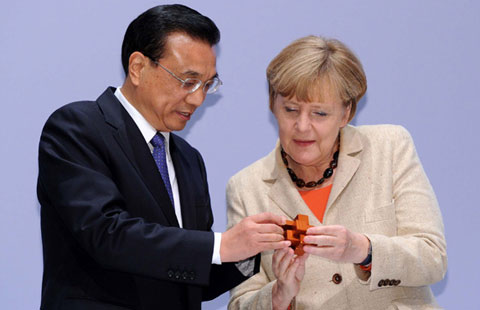
 Li pins high hopes on China-Germany cooperation
Li pins high hopes on China-Germany cooperation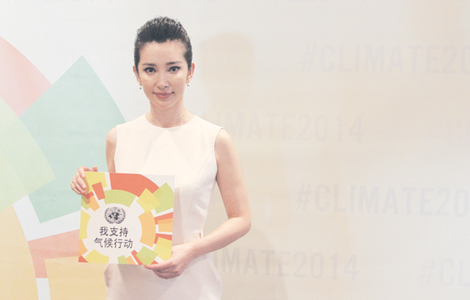
 Call of the wild
Call of the wild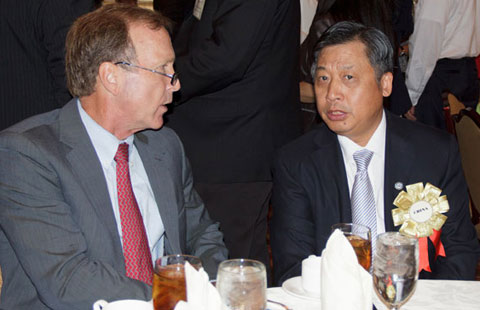
 China's trade with Texas taking off
China's trade with Texas taking off
Most Viewed
Editor's Picks

|

|

|

|

|

|
Today's Top News
China faces risks in Brazil's energy sector
Premier hails Hamburg's role in cooperation
Visit takes China-Germany ties to new height
US support for HK protest slammed
Li says focus is on long-term growth
China plans panda park
China needs more than GDP
Former senior CPC official in Jiangsu under probe
US Weekly

|

|
